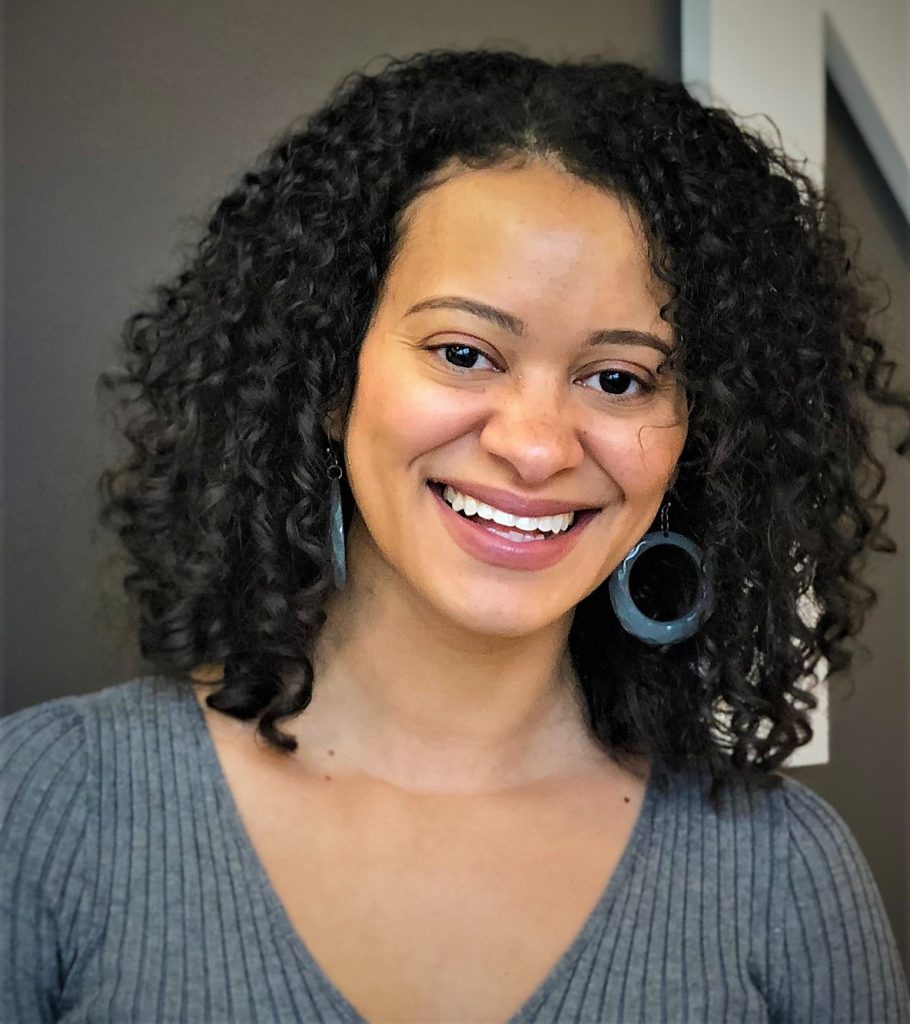What is the Humanities Symposium?
In the simplest formulation, the humanities are academic disciplines that study human culture. The study of languages, literature, history, linguistics, jurisprudence, philosophy, archaeology, comparative religion, ethics, and the arts—use methods that are primarily critical and have a significant historical element—as distinguished from the empirical approaches of the natural sciences. The study of humanities “tell us where we have been and help us envision where we are going.” (The Heart of the Matter, Report of the American Academy of Arts & Science’s Commission on the Humanities and Social Sciences to the U. S. Congress in June 2013). As a part of Show Me Research Week and the Spring Research and Creative Achievements Forum, the Humanities Symposium will spotlight the scholarship of undergraduate students working in these important fields, allowing them to help us envision where we are going together.
About the 2024 Humanities Symposium
For 2024, the Humanities Symposium is being co-sponsored by the School of Languages, Literatures and Cultures with a unifying theme of Artificial Intelligence: Digital Literacy and Making the Future Accessible to All. Dr. Christina Carney and Dr. Seth Howes will be co-coordinating the Humanities Symposium programming.
About the theme Artificial Intelligence: Digital Literacy and Making the Future Accessible to All
In recent decades, rapid advances in machine learning, data processing, and task automation have changed our lives, driving everything from the facial recognition feature that allows you to unlock your iPhone with a glance, to the use of neural networks in identifying financial crimes or diagnosing serious illnesses. Though we may increasingly spend our time at work and play in algorithm-driven, AI-steered environments, these environments are still very much part of our existing world. Due to longstanding inequities Black and Hispanic/Latinx people are overrepresented among those with limited or no digital skills, creating barriers to employment, housing, and civic participation that not only reflect longstanding inequities but reproduce them. At the same time, marginalized groups (especially youth) marshal existing digital tools and repurpose them for pleasure and social justice.
Contributors to the Symposium are invited to submit research and creative projects connecting with the theme Artificial Intelligence: Digital Literacy and Making the Future Accessible to All. Questions that may be considered include: How can collaborations with artificial intelligences streamline a journalist’s or researcher’s workflow, or transform an artist’s or writer’s creative process? How can the humanities contribute to inclusive and ethical technological design in partnership with the sciences? What is the responsibility of corporations, like Microsoft, Apple, and Google, to make the tech future accessible to all? How has the lack of Black and Hispanic/Latinx AI developers engendered technology that have reinforced surveillance of marginalized communities and people? How can students not only develop digital and media literacy, but also help to diversify knowledge on the internet?
The keynote speaker for the Symposium will be Dr. Catherine Knight Steele, Assistant Professor of Communication at the University of Maryland – College Park.

Catherine Knight Steele is an Assistant Professor of Communication at the University of Maryland – College Park and was the Founding Director of the Andrew W. Mellon funded African American Digital Humanities Initiative (AADHum). She now directs the Black Communication and Technology lab as a part of the Digital Inquiry, Speculation, Collaboration, & Optimism Network funded by the Andrew W. Mellon Foundation. Dr. Steele earned her Ph.D. in Communication from the University of Illinois at Chicago. Her research focuses on race, gender, and media, with a specific emphasis on African American culture and discourse in traditional and new media. She examines representations of marginalized communities in the media and how groups resist oppression and utilize online technology to create spaces of community. Dr. Steele’s research on the Black blogosphere, digital discourses of resistance, and digital Black feminism has been published in such journals as Social Media + Society, Information, Communication and Society, and Television and New Media. Her book Digital Black Feminism (NYU Press Fall 2021), examines the relationship between Black women and technology as a centuries-long gendered and racial project in the U.S.
About her presentation on Friday, April 12th:
Title: TBA
Check this space and the Office of Undergraduate Research for further information about the Humanities Symposium, Student Poster Presentations, and Student Panel Presentations, including online information sessions sessions on how to present humanities research.
The above video is of the “Humanities Symposium; Information Session” held on February 3, 2022 led by Dr. Seth Howes and Dr. LInda Reeder, the organizers of the 2022 Humanities Symposium. It has a lot of great information about what the Humanities Symposium is, definition of the theme “Borders and Boundaries”, how students may participate, and some of the many benefits of participation.